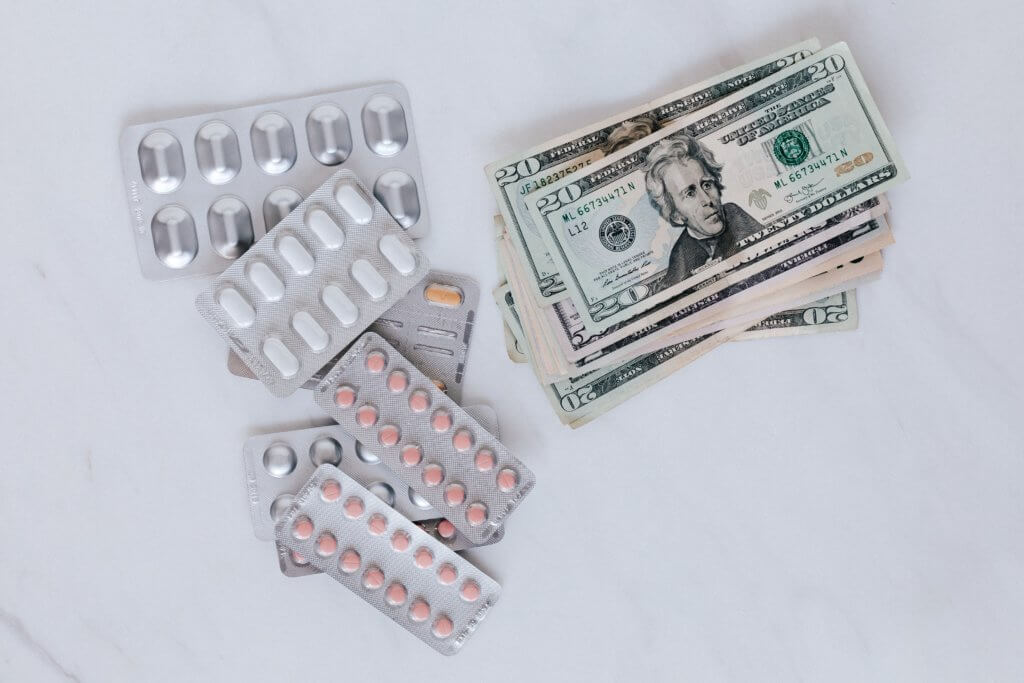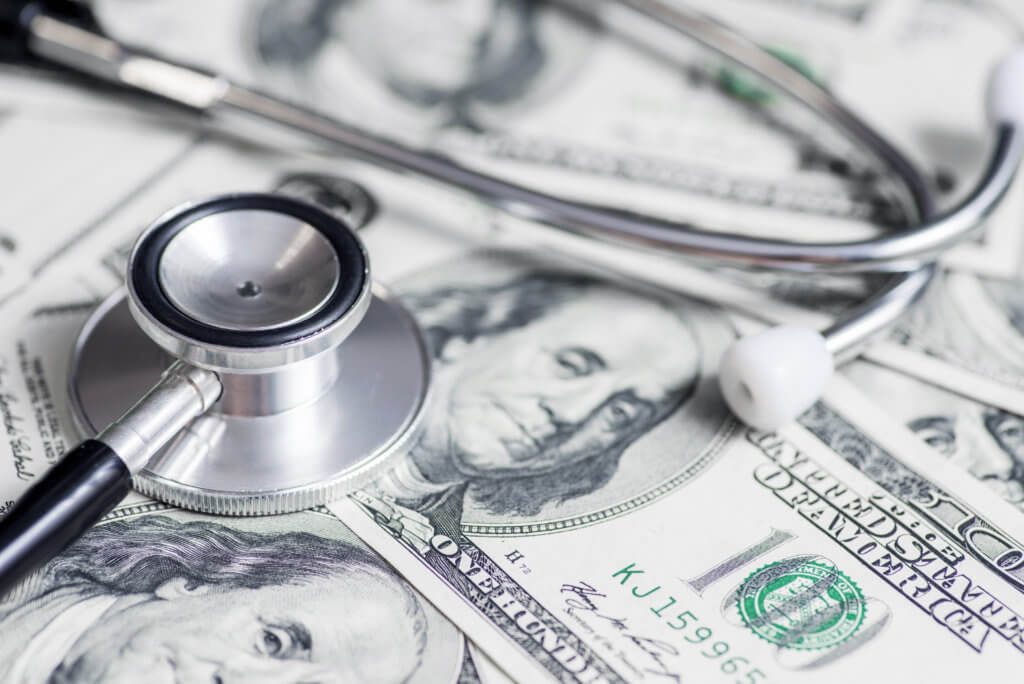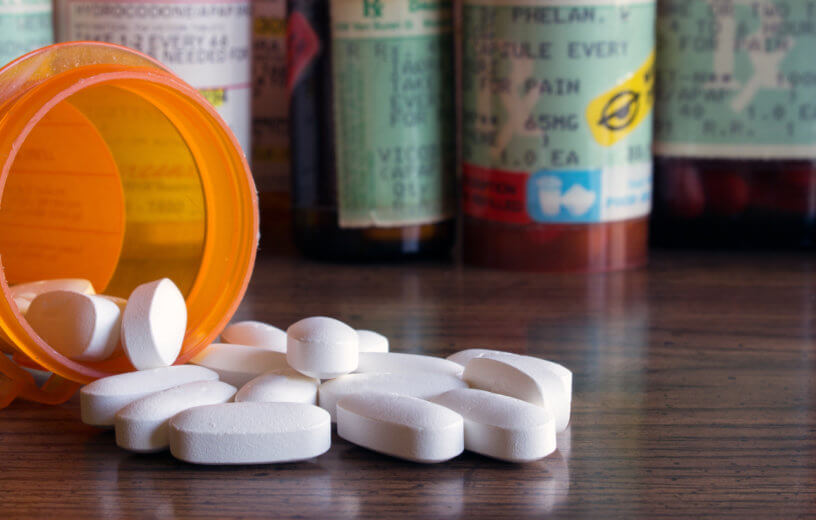Navigating the world of medications can be daunting. You may often ponder whether to opt for a brand-name drug or its generic counterpart. This decision isn’t always straightforward, so let’s dive into the differences between the two, focusing on cost, effectiveness, and what these differences mean for you.
The Basics: What Are Generic Drugs?
Generic drugs are the pharmaceutical equivalent of buying store-brand cereal instead of the name-brand foods you see in television ads. However, unlike some off-brand groceries, generic medications offer the same active ingredients as their brand-name counterparts. They are required by law to have the same strength, quality, effectiveness, and methods for taking them (the route of administration like sprays or pills) as the brand name drug.
A common question is whether generic drugs are as effective as brand-name prescriptions. The answer? Yes! The U.S. Food and Drug Administration (FDA) requires that generics demonstrate the same effectiveness and safety as brand-name alternatives. So, when you opt for a generic, you get the same therapeutic effect as you would from the brand-name drug.
Cost Comparison: Why Are Generics Cheaper?
One of the most significant advantages of generic drugs is their cost. Brand-name drugs are more expensive primarily because of the higher research, development, and marketing costs. Once the patent on a brand name drug expires, other manufacturers can produce generic versions, leading to increased competition and significantly lower prices.

The Price Difference: How Much Can You Save By Using Generics?
The savings from choosing a generic over a brand-name drug can be substantial. On average, generics are about 80 to 85 percent cheaper. This price difference has led to enormous savings in healthcare costs over the years, benefiting both consumers and the healthcare system at large.
Identifying the Differences: More Than Just a Name
While generics must match the brand name drug in many ways, they can differ in appearance. Due to trademark laws, generics may vary in shape, color, and sometimes even taste. The name of a generic is typically the drug’s active ingredient, which is different from the brand name. However, these differences don’t affect the drug’s effectiveness or how it works in your body.
Generic drugs undergo rigorous testing and must meet stringent safety standards. The FDA ensures that generics offer the same benefits as their branded counterparts. Regular inspections of manufacturing facilities and monitoring for safety concerns are part of the FDA’s role in ensuring that generics are safe and effective.
Choosing Between Brand Names and Generics
It’s usually best to opt for generics when choosing medication, as they are both effective and less expensive. However, there are some exceptions. Medications with narrow therapeutic indices, where even minor variations in dosage can cause different outcomes, may require sticking to the brand name drug as directed by your doctor.
For example, tacrolimus is an immunosuppressive drug used to prevent organ rejection in transplant recipients. As this is a serious and potentially life-threatening complication, and given the narrow therapeutic index of tacrolimus, it is strongly advised that patients stick with the same brand/manufacturer for all their tacrolimus prescriptions.
Insurance and Payment: Navigating the Costs of Prescription Drugs
Insurance plans typically favor generics because of their lower cost. However, if your doctor recommends a brand-name drug, there are ways to manage the costs. Some insurance plans allow the choice of a brand-name drug with a higher copay, and you can also explore options like manufacturer copay cards or patient assistance programs for additional savings.
To give you an idea, here are some examples of brand names versus their generic alternatives:
- Ibuprofen is the generic form of Advil and Motrin
- Sertraline is the generic form of Zoloft.
These generics offer the same effectiveness at a lower cost.

The Bottom Line: Talk to Your Healthcare Provider
The decision between a brand name and a generic drug should be made in consultation with your healthcare provider. They can provide guidance based on your specific health needs and the medications available. Your pharmacist is also an excellent resource for understanding these options and making an informed decision.
Understanding the difference between brand name and generic drugs empowers you to make informed decisions about your healthcare. With the correct information and guidance from healthcare professionals, you can choose medications that are effective, safe, and economically sensible for your needs.

